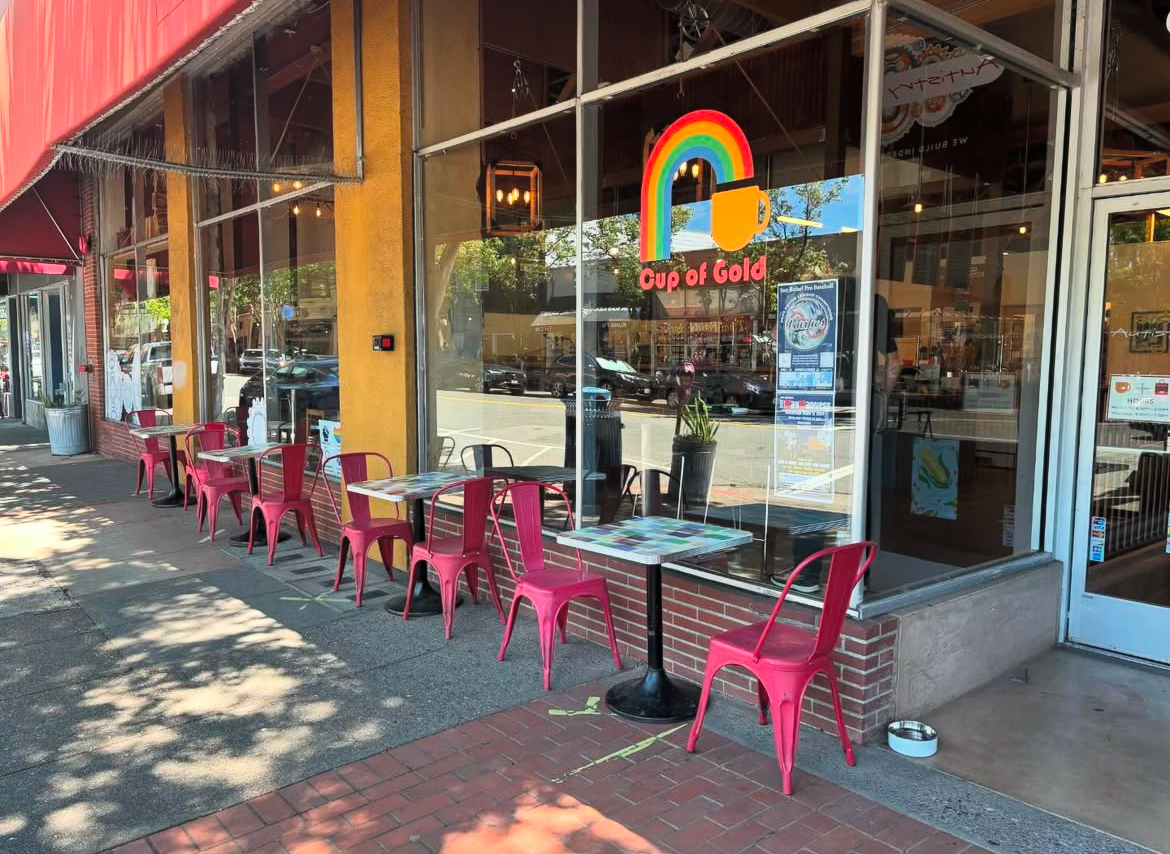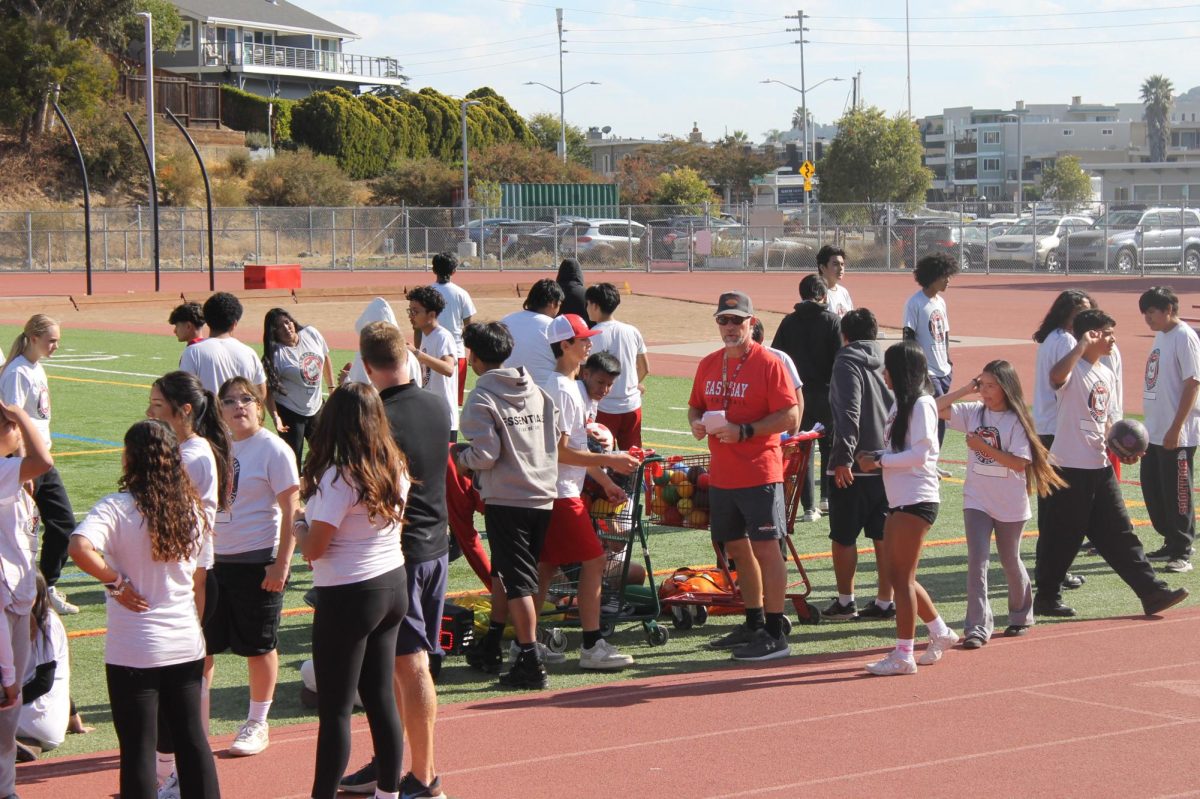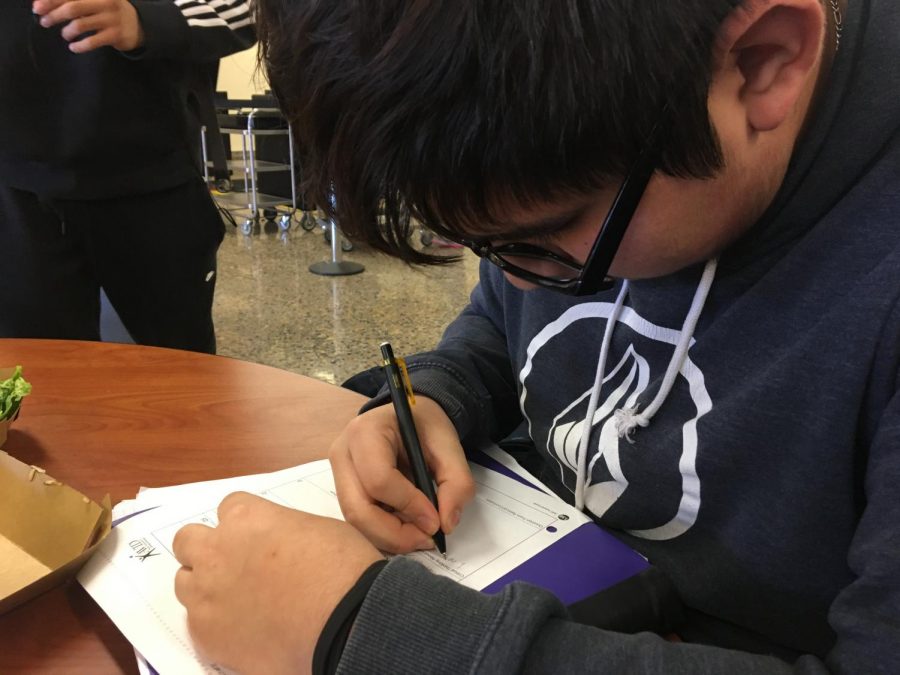Burnout: An Invisible Barrier to Student Success
February 8, 2019
Some students may say that school feels like a waste of time. From finishing homework, to studying for tests, to doing any after-school activities, it often seems like you can’t do it in one day. There is the risk of losing your enjoyment in your hobbies, and not socializing as much with your friends or family. This is what burnout does to you.
Lisbeth Gutierrez, a San Rafael High School senior, gave her own perspective on burnout: “Burnout means, I think, to be tired and not having a lot of rest.” Lisbeth experienced burnout when she took Pre-Calculus Honors her junior year. She said, “I got frustrated because some of this math homework was hard.”
In addition Cristian Chavez, SRHS junior, thought burnout was a “a side show or burning calories out.” But Christian, who didn’t really understand the definition of burnout, was burned out during the finals of last year. He was falling behind with his school work and got frustrated. He eventually recovered by, “trying to take small breaks.”
Burnout is defined as a state of emotional, physical, and mental exhaustion caused by excessive and prolonged stress. It can make a person feel like their constant work demands are overwhelming or can’t be done. It is more of a mental health issue but it can affect your physical health.
Armando Oseguera, the school counselor at SRHS, explained burnout in his own words. He stated most students think they are done with school in senior year, for example finishing college applications; so they risk their graduation and college eligibility by not doing their school work.
A therapist at San Rafael Community Clinic, Andrea MacLaurin, gave another professional view about young teens being burnt-out, “Teens should not be stressed out to the point where they can’t handle it anymore.” MacLaurin also recommended that teens should take breaks and not add too much on their schedule.
It’s best to recognize the symptoms of burnout before it affects the student. It consists of three areas: physical, emotional and behavioral. Some symptoms from one category may overlap into others. Some of the symptoms are chronic fatigue, insomnia, depression, and lack of productivity or poor performance.
Ms. Whooley, a teacher in the special education department at SRHS, has not had a student come up to her and tell her that he/she is burnt out. In fact, she can’t tell if a student is burnt-out. “But I can tell if a student is stressed,” she said.
These symptoms of burnout will affect the student drastically. Having to worry about homework, studying for tests and quizzes, and applying to colleges…this is too much for a student to handle all at once.
High schoolers are still developing into adults. Therefore teachers should be concerned about the amount of work they give to students. Some classes such as honors and AP, are an exception because you are expected to do more than a regular class.
Burnout is very serious. For a student to succeed, it needs to be recognized and treated immediately.






































